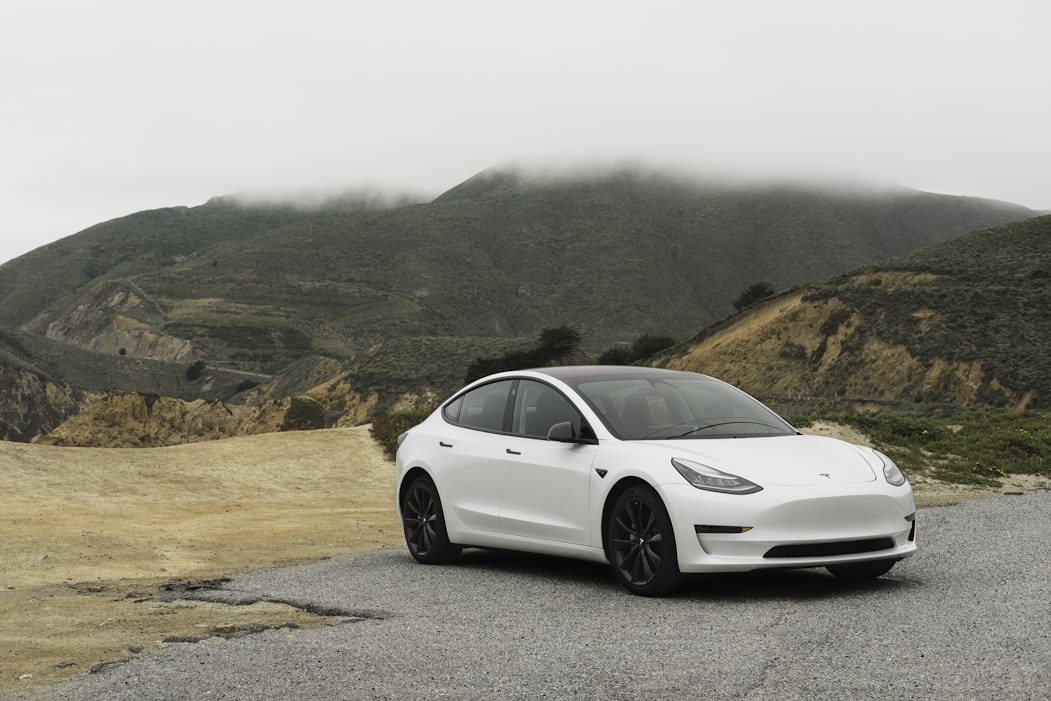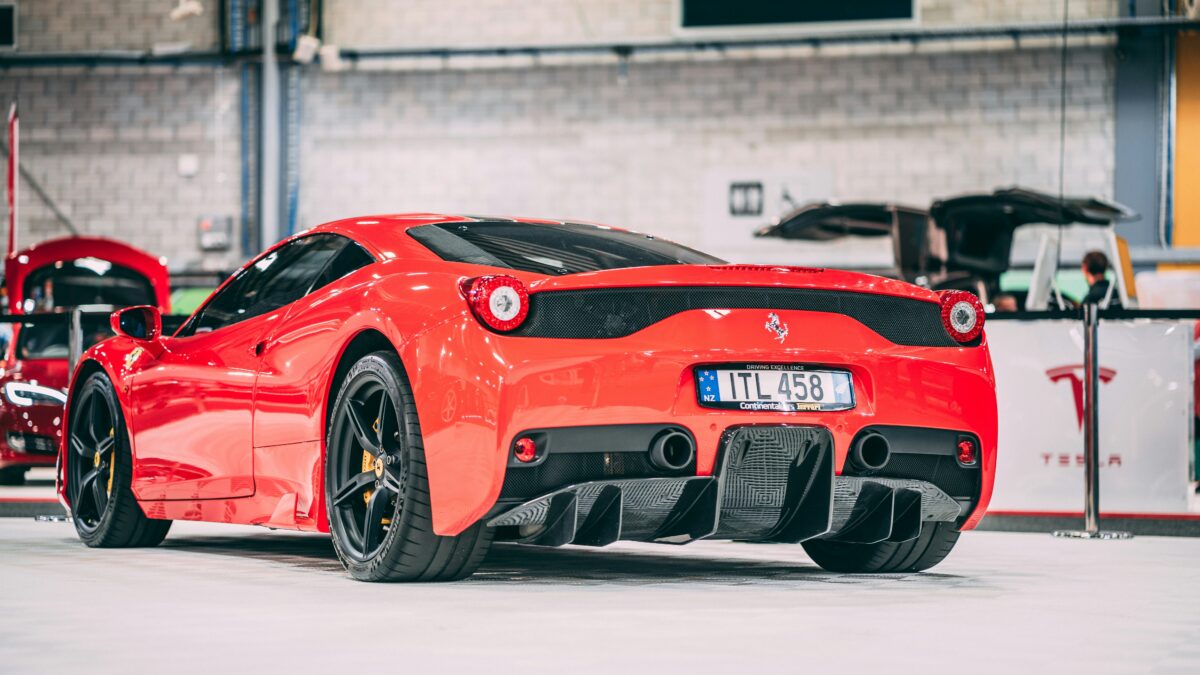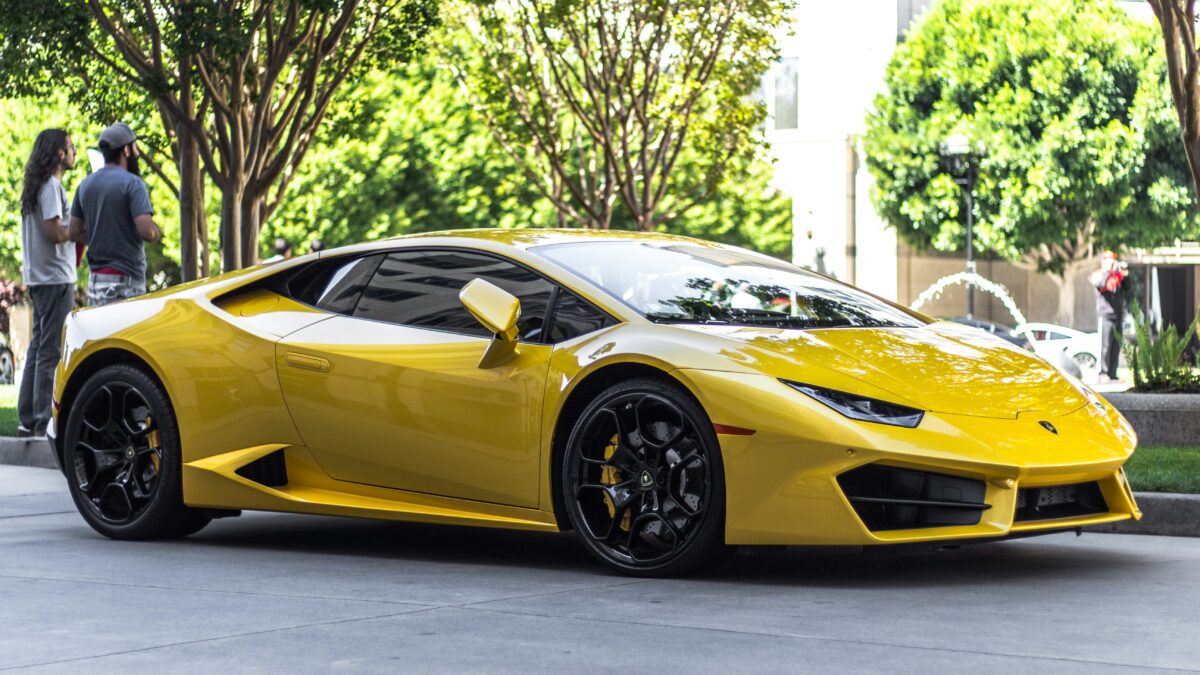Consumers are More Responsible. What’s That Mean for the Auto Industry and EVs?
Over the past decade, the global market has seen a steady rise in consumer awareness and social consciousness. More and more people are becoming interested in where their favorite products come from, who makes them, and how they impact the environment. And this heightened awareness hasn’t fallen on deaf ears; brands across the board have taken notice, and many have taken strides to create more sustainable and ethical business practices. What does this growing consumer responsibility mean for the auto industry, though? Will we see EVs and hybrid cars continue to grow in popularity?
Growing environmental awareness
With the climate crisis becoming an evermore present threat, it makes sense that more consumers are pivoting their shopping behaviors to reflect a more ‘green’ mindset. According to a 2019 survey, over 80% of respondents preferred to shop with companies who created sustainable products. Along with this rising awareness of the issues stemming from emissions and fossil fuel use, governments are being challenged to enact more environmentally-friendly legislation when it comes to the fossil fuel industry. But, is this increased awareness actually translating to more people adopting electric and hybrid cars?
Stocks for EVs are on the up and up
One way to gauge market trends is by checking out the stock market. And, according to the Nasdaq blog, electric car stocks are “on fire” – and they’re not just talking about Tesla. In the past year, the KraneShares Electric Vehicle and Future Mobility ETF(NYSEARCA:KARS) has risen almost 30%, a sharp uptick compared to the 5% gain the S&P 500 saw.
Pair this with growing consumer support, government-backed incentives, and less barrier to entry, and we’re likely to see a 36% increase in growth in the electric car niche by 2021, the Nasdaq predicts. And by 2025, researchers at ConsumerReports expect electric cars to make up almost 8% of the market, thanks to more accessible and affordable offerings.
The future of the auto industry
Demand for more EVs and hybrid cars are steadily increasing. This means automakers must accommodate demand by designing more affordable options to suit a wider range of consumers. Don’t expect to see any major changes overnight, though. Demand for traditional gas-powered vehicles is down, but they’re nowhere near obsolete.
In the future, we will see more auto brands mix up their offerings with electric and plug-in hybrid options. This is all to suit consumer’s evolving tastes and consumption habits. Better battery tech will improve driving ranges. Charging stations will become more accessible across the country. And higher adoption rates will drive costs down.
















There are so many acronyms out there. And I feel silly saying that I kept reading “EVs” and had no idea what that meant. With context clues I could connect the dots. That being said, budget car shoppers will continue to purchase gas vehicles now to avoid the additional upfront cost. And parents will likely opt to buy used gas powered vehicles for their children’s first car. So although environmentally conscious vehicles are the thing of the future, I think it will be awhile before traditional gas vehicles are the cassette tapes of auto industry.